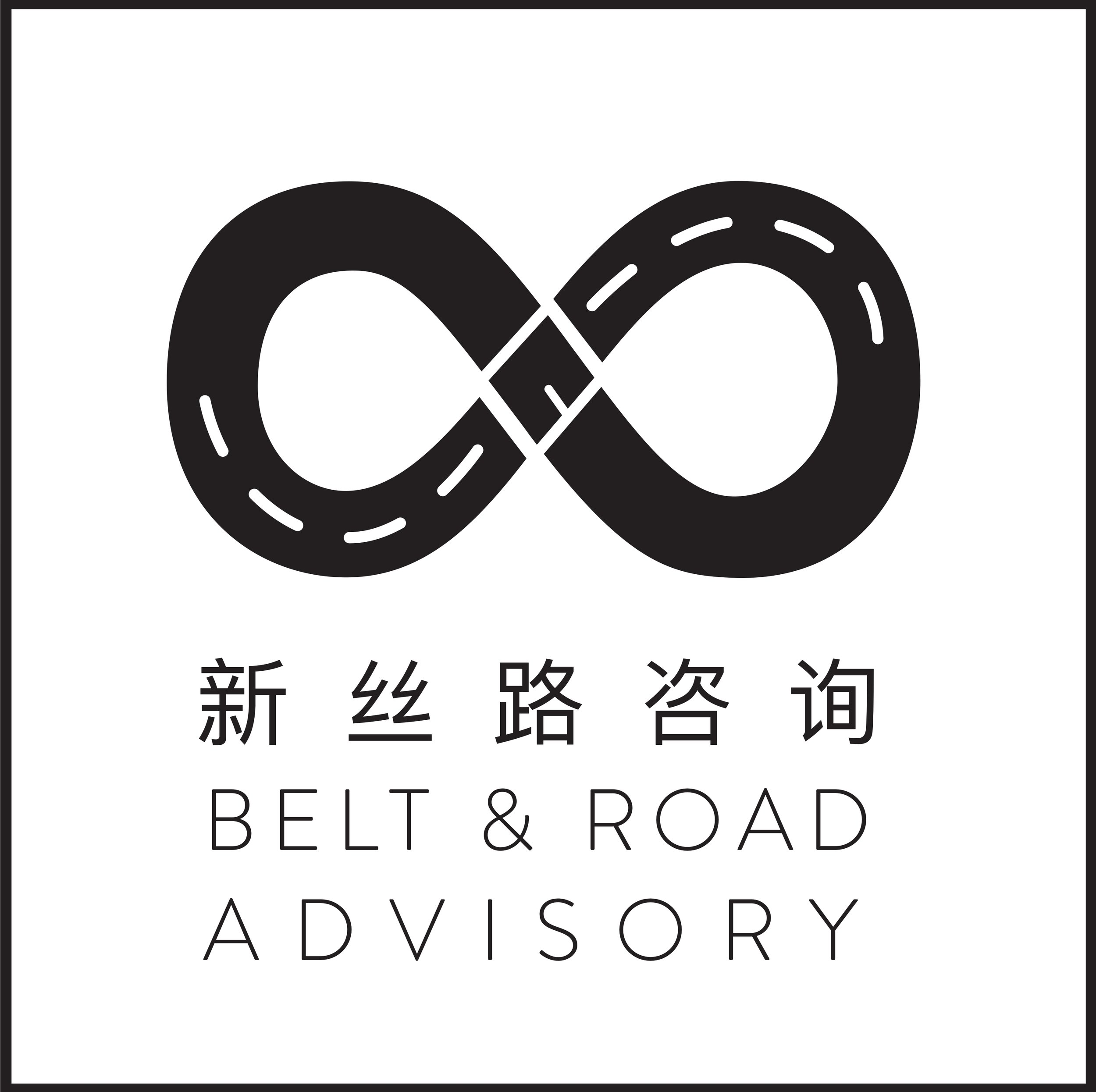The China International Import Exposition: What’s the big deal?
When will China truly open up its markets? That has been the perennial question bugging foreign governments and companies ever since China joined the WTO. Foreign companies have tended to enjoy far less access into the relatively closed Chinese market than Chinese companies have enjoyed in overseas markets. Frustration is growing and highlighted most acutely by the ongoing trade war.
Yet, it’s not just the US that has an interest in China’s complete opening up. For BRI countries around the world receiving huge investments from China, they are premising their infrastructure-led growth strategies on the belief that it will catalyse their industry and export powerhouses. One of the key markets for their products, should, in theory, be China. If China remains too closed, however, these countries who have borrowed from China may find that their export sectors cannot gain the traction they had hoped for. In such a scenario, countries might find themselves with bloated levels of debt and becoming increasingly disillusioned with China.
It’s therefore in China’s interest for this frustration not to blow out of control. And that’s where the China International Import Exposition (CIIE), to be held in Shanghai from November 5 – 10, comes in.
Venue of China International Import Exposition
Source: Chinagoabroad.com
Yes, China has held many trade fairs before. Yes, China has invited foreign governments and companies on business trips to China before. But, for CIIE, China is aiming much bigger and much more ambitious. President Xi Jinping has himself said that it is not just another trade fair.
CIIE is the first of its kind and exclusively devoted to desire for China’s imports. China wants to show the world that it is opening up and President Xi Jinping is reportedly preparing major policy opening up announcements to be delivered at the Expo. We hear that Shanghai is essentially on lockdown, locals have been asked to take vacation during the week of CIIE, roads have been rebuilt, 5000 volunteers have been trained to provide interpretation services, and the decorations are out along the Huangpu river.
The opening up announcements are already coming in prior to CIIE, and serve as a “warm up” prior to the main event. This year China has already lifted joint venture requirements across certain sectors including aerospace and autos, reduced tariffs across more than 1500 goods (with the exception of bilateral tariffs with the US) and UNCTAD recently reported that China became the world’s largest recipient of inward investment in the first half of 2018. Foreign companies are already benefiting, with Tesla being allowed to set up a wholly owned factory in Shanghai and Exxon an LNG terminal in Guangdong. Such will support Xi’s narrative during CIIE, and will be an implicit dig at the US and other critics of China’s opening up process.
Beyond policy opening up announcements, a staggering number of companies will also attend the Expo. A total of 2,800 companies from all the G20 member states, as well as 50 countries and regions along the Belt and Road will participate in the Expo and display their latest products. Africa has impressive presence with 43 countries and 190 enterprises participating.
Chinese companies have also reportedly been set targets by provincial governments on the number of deals to sign during the Expo. This has involved many companies storing up deals to be signed at CIIE. For example, Wang Zhe, Party Head of China's commercial giant Suning Holdings Group said, "in the next three years, we plan to import goods worth 10 billion Euros”.
The timing of the Expo has also been carefully planned, it finishes the day before the Alibaba’s now globally famous Single’s Day sale on November 11. Last year, during that one day, Chinese consumers bought more online than Indian consumers did during the entirety of 2017. This year, being Jack Ma’s last with the company, we can expect it to be even bigger. China is stressing cross border e-commerce as a key mechanism through which foreign companies can sell their goods into China.
On top of all of this, China will undoubtedly be treating its guests – encompassing Heads of State and the world’s top businessmen - very well during the Expo. For all the policy announcements and commercials deals to be announced during the week, ultimately CIIE is a branding exercise for China to show the world that it is truly opening up. For the world – especially BRI countries – it is essential that in the run up to the Expo they push China to ensure these announcements go beyond purely symbolic ones and represent genuine and concrete opening measures. Only through complete opening up will China create a fairer and more sustainable Belt and Road Initiative, that genuinely acts as a two-way street.

